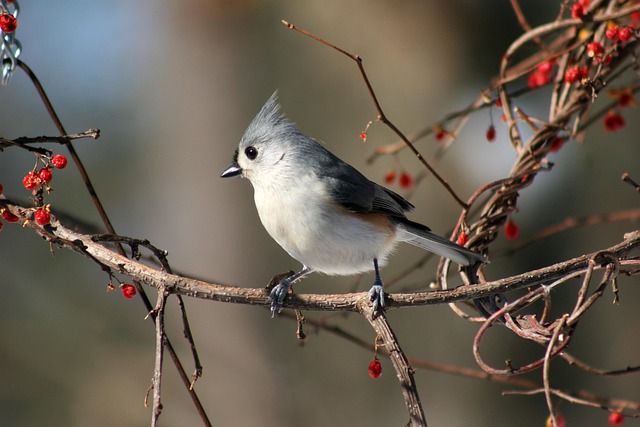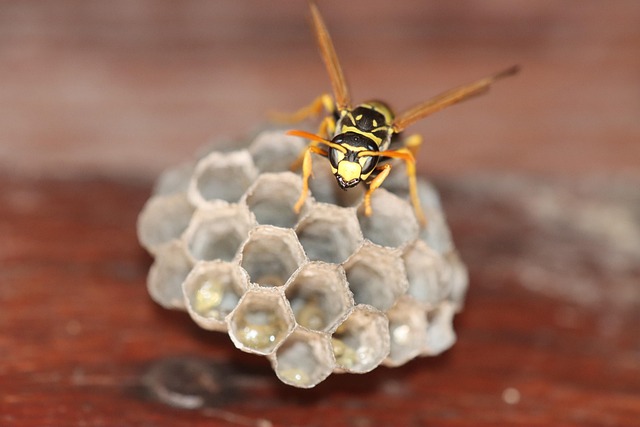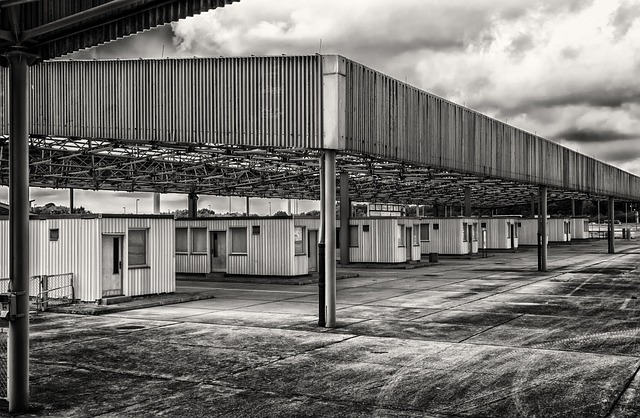Wildlife control licenses facilitate strategic and humane bird control, especially for pigeon infestations on commercial buildings in Denver. Pigeons cause substantial damage through acidic droppings, prompting the need for effective management. Tailored solutions include deterrents, sanitation, and professional trapping services, balancing urban infrastructure safety and ecosystem integrity. By employing these methods, businesses can protect their properties while ensuring humane treatment of pigeons, fostering sustainable coexistence between urban settings and local wildlife.
“Wildlife control licenses play a pivotal role in managing urban wildlife, especially in densely populated areas like Denver. This article explores how licensed trapping teams mitigate the challenges posed by pigeon infestations on commercial buildings. With a focus on Denver’s perspective, we delve into the significant impact of pigeons and present effective bird control strategies. Understanding these measures is crucial for businesses aiming to protect their structures from these persistent birds, ensuring a harmonious balance between urban development and wildlife conservation.”
- Understanding Wildlife Control Licenses and Their Role in Urban Environments
- The Impact of Pigeons on Commercial Buildings: A Denver Perspective
- Effective Bird Control Strategies for Pigeons on Commercial Structures
Understanding Wildlife Control Licenses and Their Role in Urban Environments

Wildlife control licenses are crucial permits that empower specialized teams to manage and mitigate wildlife interactions within urban settings, particularly focusing on bird control for pigeons on commercial buildings in Denver. These licenses play a pivotal role in ensuring the safety and integrity of both urban infrastructure and the local ecosystem. In densely populated areas like Denver, where commercial buildings often serve as roosting sites for pigeon populations, licensed trapping teams employ strategic and humane methods to address these situations.
The primary objective is to maintain a balance between controlling nuisance wildlife and preserving the well-being of non-target species. By obtaining these licenses, teams are equipped to implement tailored solutions, such as specialized traps or repellents, to manage pigeon populations effectively without causing harm to other birds or animals. This approach not only addresses the immediate concerns of building owners but also contributes to a sustainable and harmonious coexistence between urban environments and local wildlife.
The Impact of Pigeons on Commercial Buildings: A Denver Perspective

Pigeons, though seemingly harmless, can cause significant damage to commercial buildings in Denver. Their acidic droppings etch into stone and metal facades, leading to unsightly stains and potential structural decay. Moreover, pigeons nest in hard-to-reach areas, causing blockages and safety hazards for building maintenance staff. The accumulation of bird waste also fosters the growth of harmful bacteria and fungi, posing health risks to occupants and raising concerns for businesses.
Effective bird control for pigeons on commercial buildings in Denver is a multifaceted approach that combines deterrents, sanitation, and professional trapping services. Building owners can implement physical barriers like spikes or netting to prevent nesting sites. Regular cleaning and power washing help remove accumulated droppings, reducing breeding grounds. However, for severe infestations, licensed wildlife control teams offer specialized solutions, including humane trapping and relocation, ensuring a balanced ecosystem while mitigating the impact of pigeons on commercial properties.
Effective Bird Control Strategies for Pigeons on Commercial Structures

Wildlife control licenses play a pivotal role in managing urban wildlife, especially in densely populated areas like Denver. When it comes to bird control for pigeons on commercial buildings, understanding effective strategies is essential. By implementing licensed trapping techniques and adopting innovative solutions, businesses can mitigate pigeon-related damage and maintain clean, safe environments. These measures not only address aesthetic concerns but also prevent potential health hazards associated with large bird populations in urban settings.
